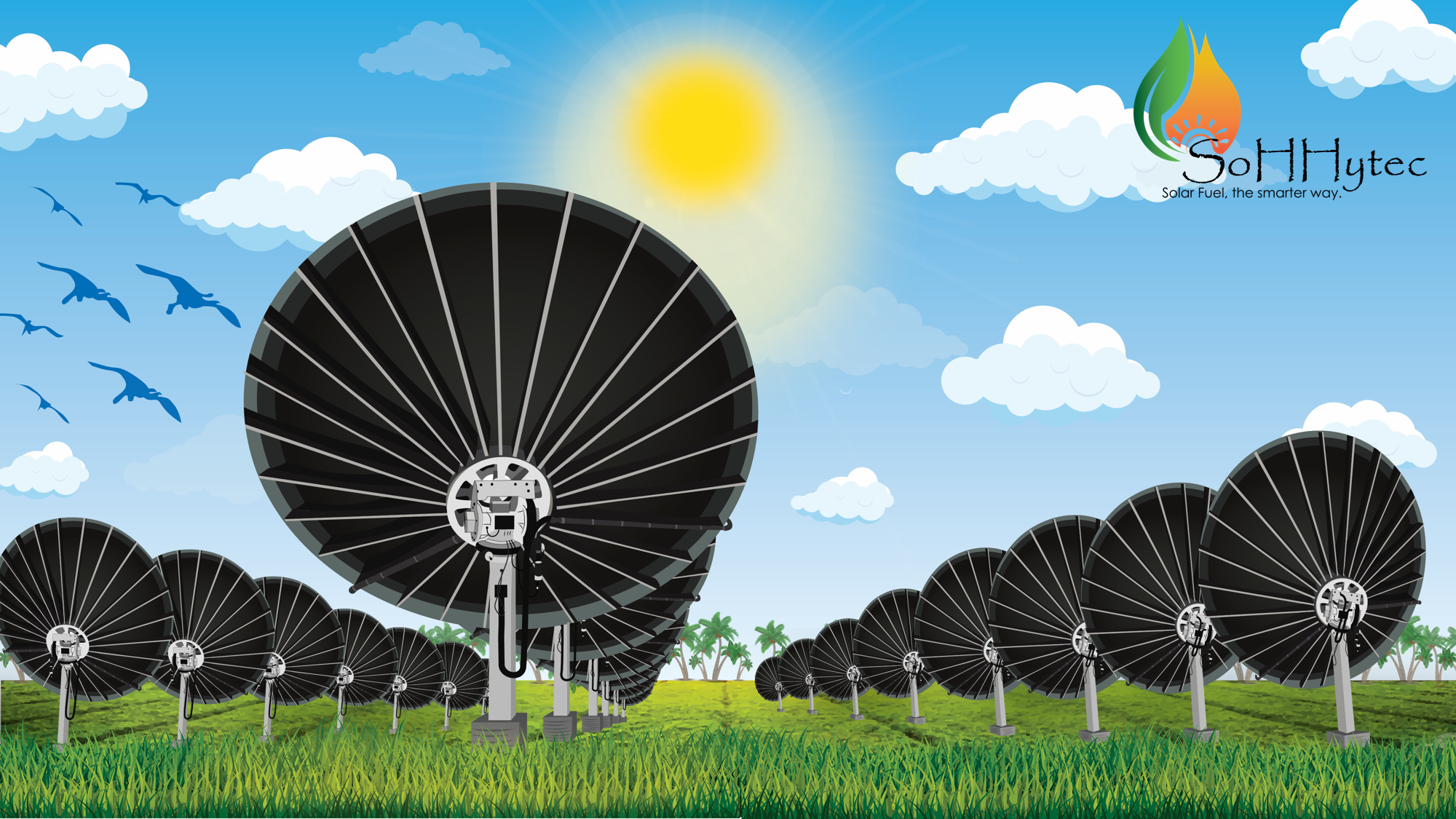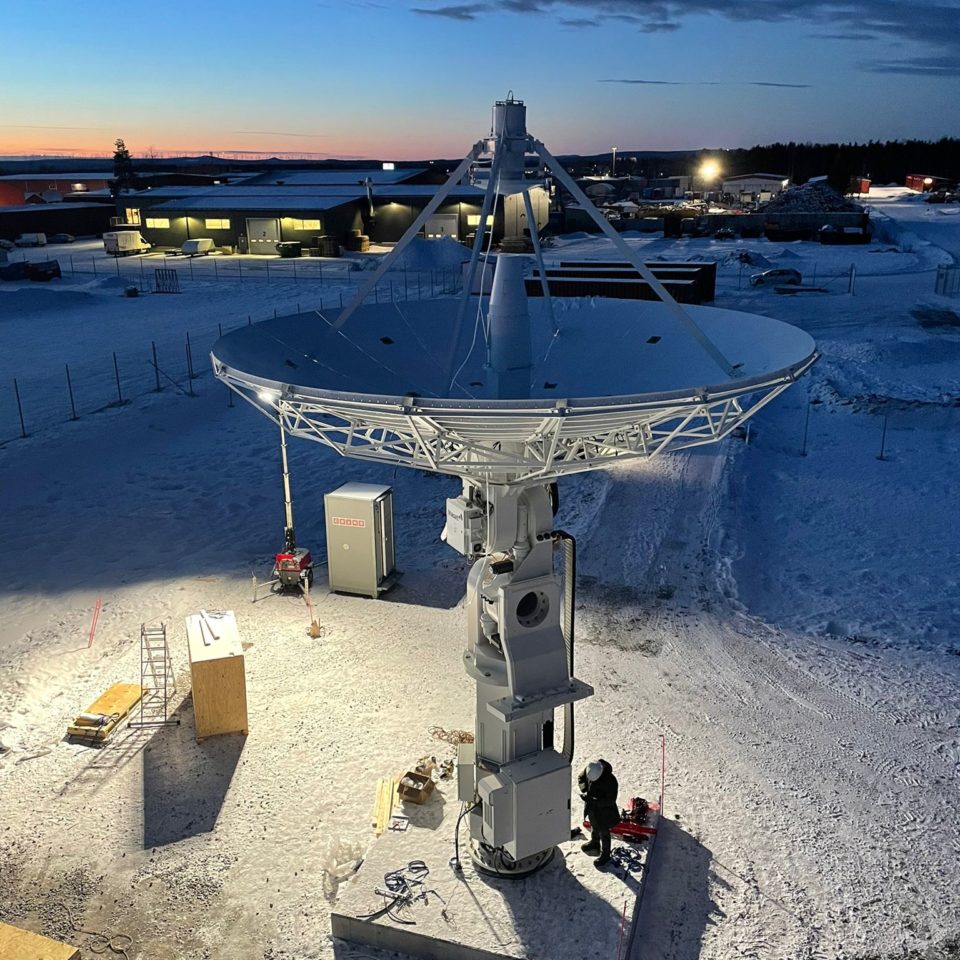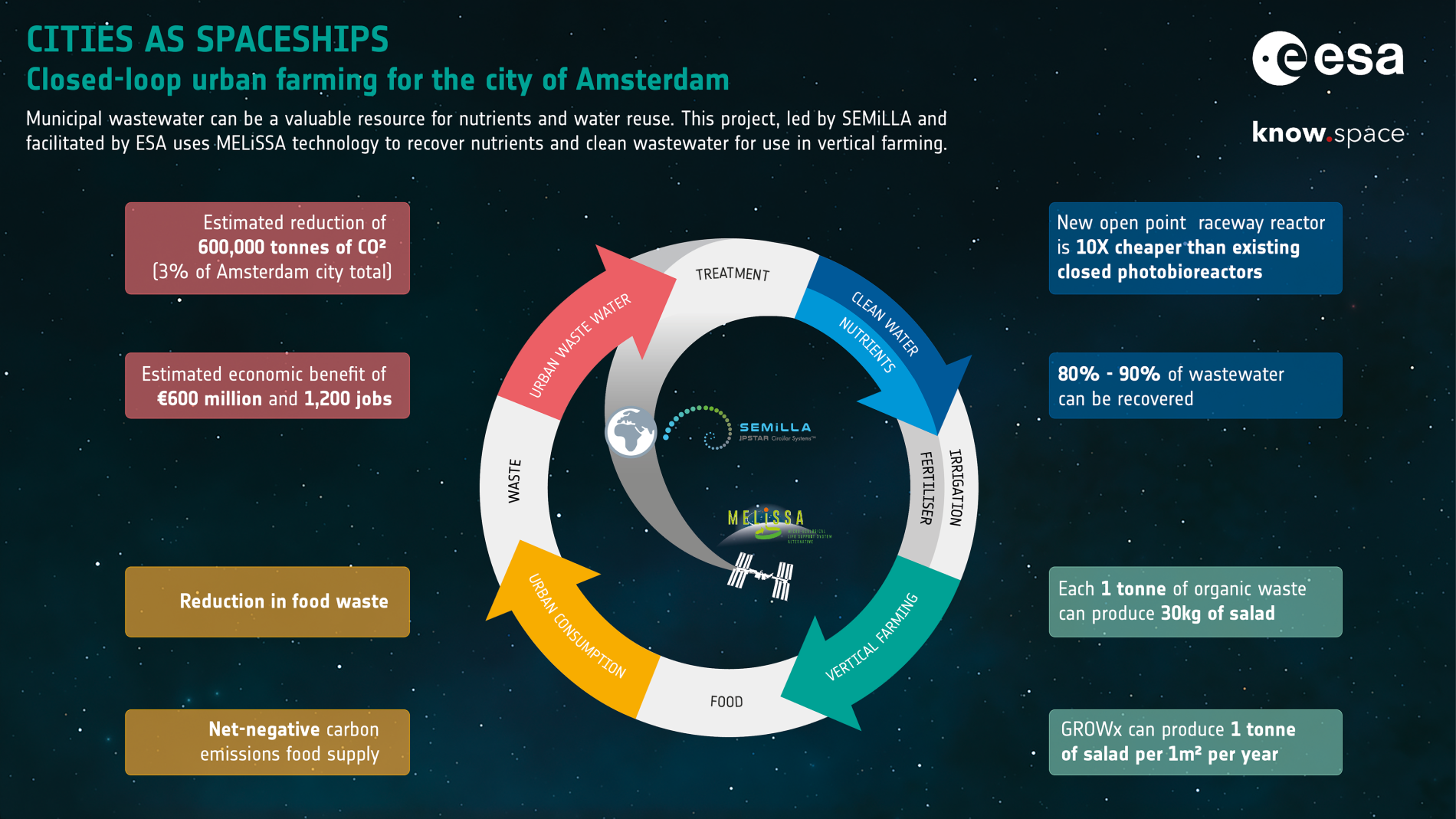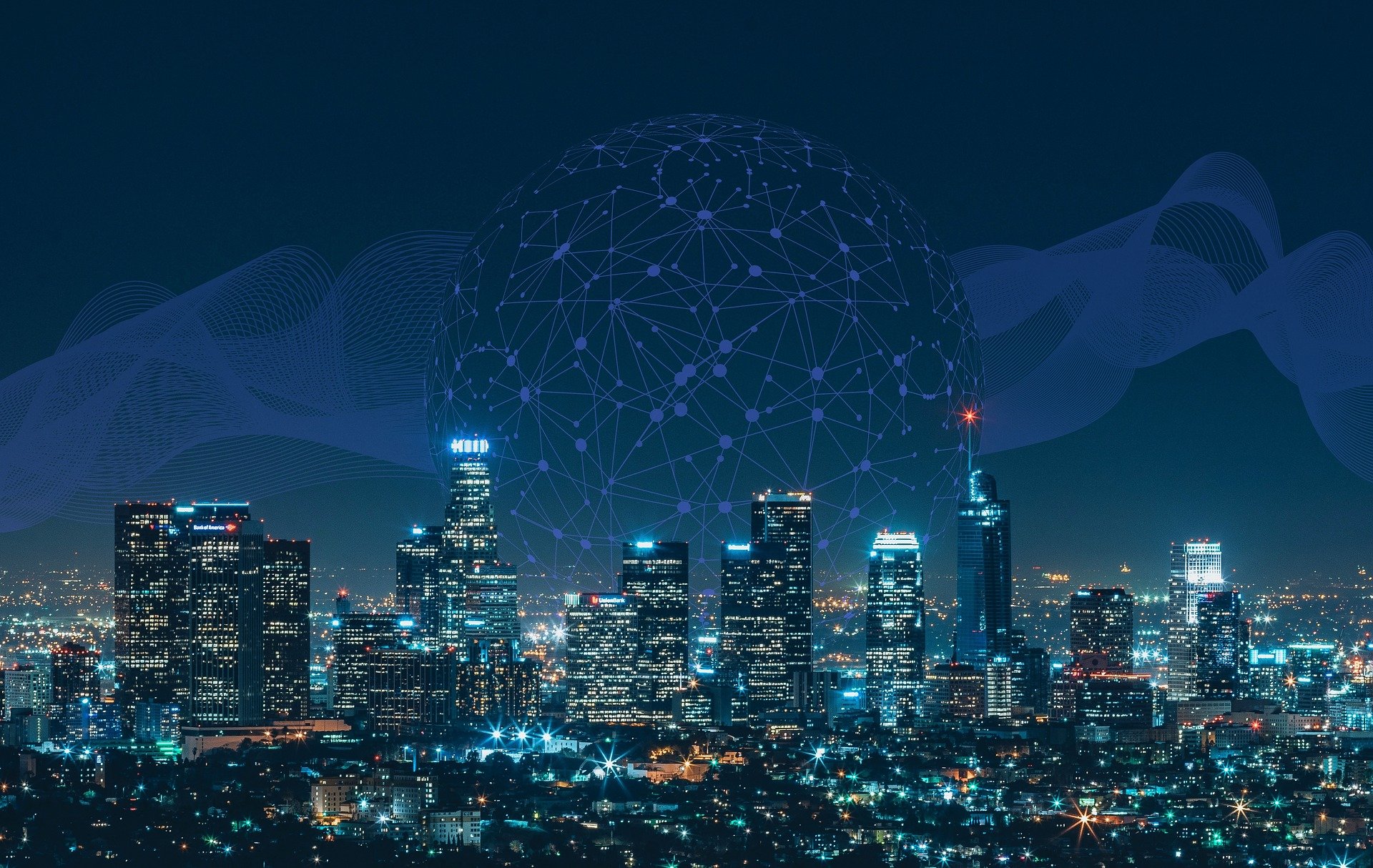Energy is not only a geopolitical and economic strategic sector, it is also subject to attention because of its high potential in decarbonising European industry.
Its activities cover the whole energy value chain, including energy generation, transmission, distribution and final consumption by end-users. The current focus is on renewable energies, but also infrastructure planning, operation, monitoring, and decommissioning. The sector is at an important crossroad which is characterised by increasing consumption on one hand (electric consumption will probably double by 2050) and tight efficiency targets for primary and final energy consumption on the other. European and national public authorities are increasing standards for energy efficiency and the share of renewable energies. Setting climate targets, establishing low emission zones, increasing emission monitoring, or correcting prices by CO2 emissions is changing the landscape of the market. This changing legal framework for the clean energy transition is complemented by public investments schemes to attract and support needed private investments. The ongoing privatisation and digitalisation (accelerated by the COVID-19 crisis) including the application of related enabling technologies, is further supporting the achievement of European and national goals. Efforts are closely linked with environmental and sectorial approaches (Green Deal, Clean Energy for All Europeans package, energy performance of buildings).
Space-based systems play some important roles in the energy industry, but this represents only a minor part of their potential. Space-based data has widespread applications in renewable energy (e.g. for mapping and measuring wind, wave, tidal and solar resources) as well as the established roles of satellite communications, navigation and Earth observation in the hydrocarbon and nuclear sectors. Such services can deliver benefits throughout all the phases of energy production and supply, ranging from identifying resources, to controlling and monitoring distribution networks and informing policy formulation and enforcement.
Moreover, space research under microgravity conditions allows the study of heat transfer processes to find ground-breaking new models that can be used to inform the design of tools and methods relevant across various industries, leading to more efficient applications. This is very important considering that an estimated two percent of the world’s energy consumption is used for the cooling of data centers, an area that is developing rapidly.






















